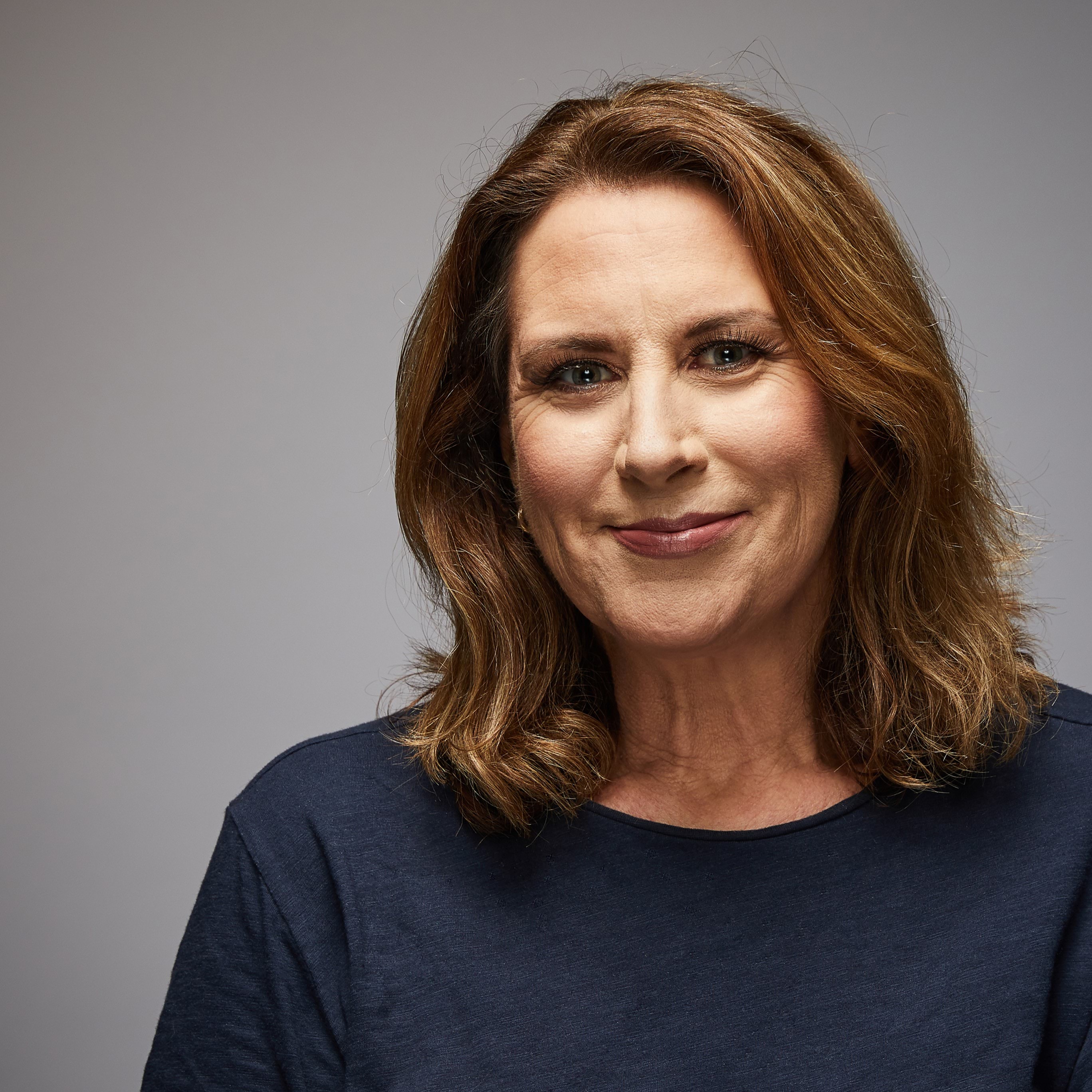With a policing career spanning more than 30 years, Rose, was mindful of not exposing her child to vicarious trauma by talking about her work at home.
Exposure to multiple critical incidents (CI) coupled with not talking about the impact of these CIs on her wellbeing, left Rose feeling anxious, unable to sleep, emotional and withdrawn.
Rose’s personal story of resilience and personal strength has helped her to balance single parenthood with the challenging experiences of being a serving Victoria Police officer.
My police career has spanned 29 years, mostly as a detective including Homicide Squad and the Sexual Offences and Child Abuse Investigation Team (SOCIT).
One evening in March 2013, I got a call that a suspect I had interviewed some months before, had murdered his wife. I was pretty shocked by the news but managed to put it aside. The following day, I was told that the suspect I had interviewed the day before had died by suicide.
I was shattered and in complete shock. I kept thinking over and over if I could have done something differently. The rational part of my brain told me that he had made this decision himself, and he was responsible for his actions. Unfortunately, the other part of my brain told me that it was my fault and if I hadn’t interviewed him, he would still be alive.
I spent the next few days in a real fog. I kept working, but would find myself at my desk with tears pouring down my face. I had real difficulty interacting with colleagues but couldn’t talk about what had happened. I found it difficult to sleep and I kept seeing the face of the man who had suicided. His face was right in front of me all the time. I became very anxious about dealing with suspects and couldn’t shake the fear that every suspect I had to interview was going to suicide.
Being a single mum of a young teenager, I didn't feel I could talk to my son about what had happened at work. I had to act like nothing had happened and try to carry on as normal. My son knew something was wrong, but when he would ask, I kept repeating, “I’m fine”.
After a week or so, I realised that I couldn’t continue on and I rang a counselling service. It was a weekend, and I managed to speak to a counsellor for about an hour. I spent the whole phone call crying, but found it really helpful and was given some really good strategies to help me cope.
The one I remember most, was when I told him I had this man’s face right in front of me, he told me to imagine his face on a television and put the television in a neighbour’s house. That created distance from his face and eventually his face went away.
The following week I made an appointment to see a psychologist. This made all the difference to me, and I slowly started to feel normal again. A few visits to her really helped me get back on track.
In November 2014, I interviewed another suspect, who took his life that night. All the thoughts and feelings that I had previously experienced came back, only this time it was worse. I knew I had acted professionally and done all the right things, but I still felt responsible. I think the previous deaths had made me more vulnerable and my usual coping strategies weren’t working. I couldn’t stay at work, so I went home and cried for the rest of the day.
Fortunately, I knew that I had help available and I made an appointment to see my psychologist again. Again, the fear of interviewing suspects came back, and it really impacted on my ability to work.
Talking to my psychologist was really helpful. When she told me that I didn’t have PTSD, but she didn’t want me to develop it, I was really shocked. I guess at that point, I hadn’t realised how serious the situation was. She also told me that I was suffering from anxiety, and it took me some time to come to terms with that as well. Together we put strategies in place, and I recovered from what happened, although this time it took longer.
How am I now? I am strong and resilient. I now have greater self-awareness and can recognise when my “bucket is full”. I know where to get help when I need it. I won’t ever forget these men and what happened, and there is a part of me that still feels a sense of responsibility about what happened.
Since all this happened to me, I have been promoted and have continued to be successful in my work, so my experience hasn’t had a negative impact on my career. In fact, I think it has made me a better friend and colleague because I am more aware of what others might be going through. I have a greater focus on mental health and am better equipped to help.
I know that one conversation might not be enough, so I follow up with people. By sharing my story, in a way it gives others permission to talk, and I think talking is the first step in healing.
Updated
